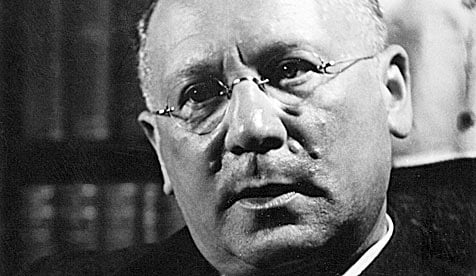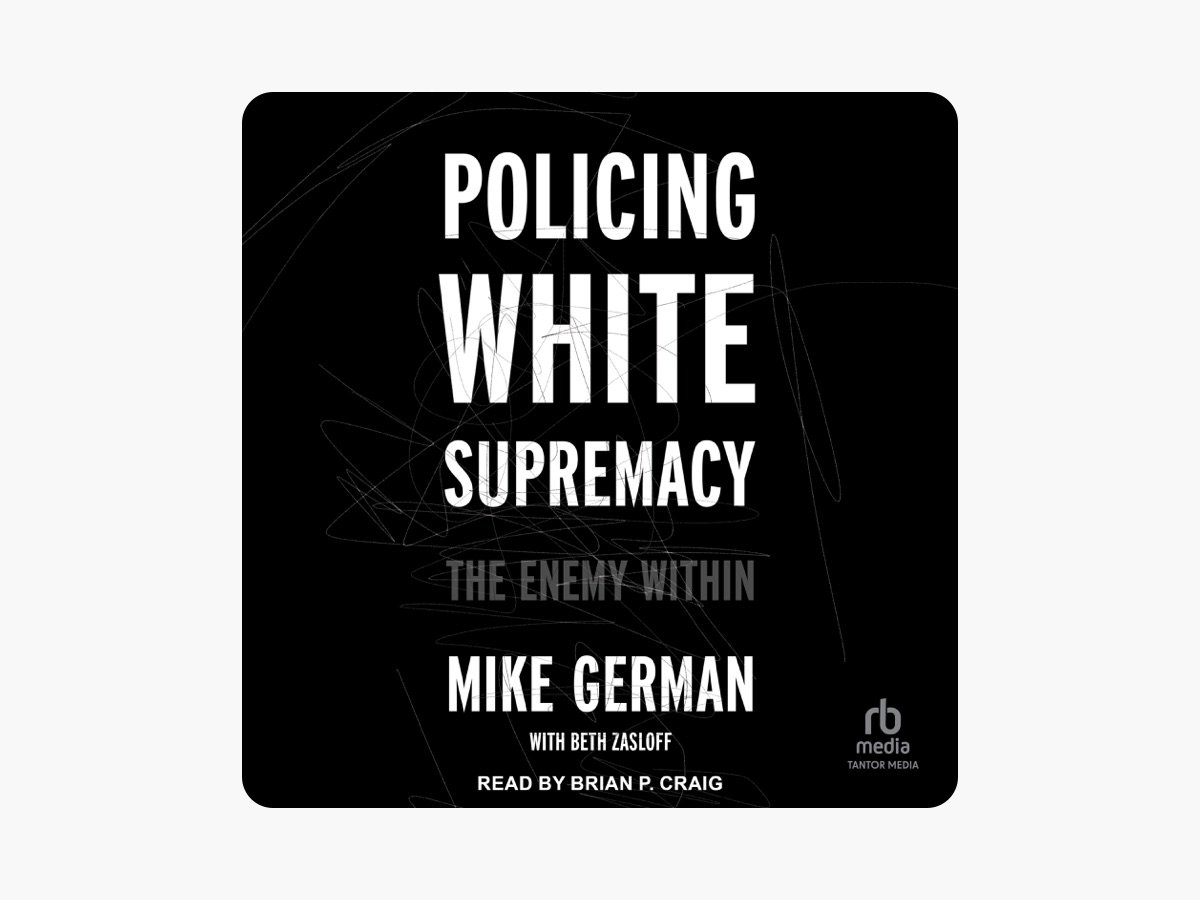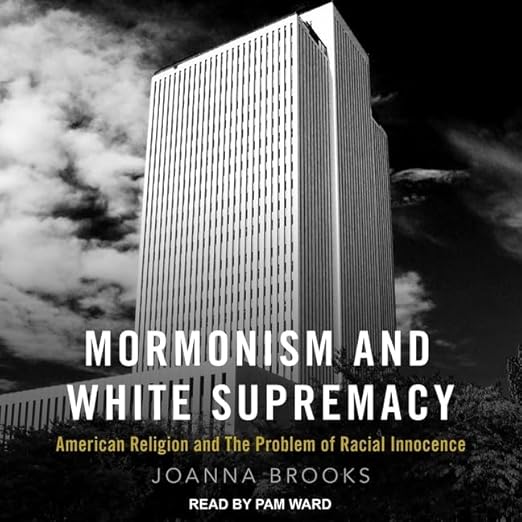About This Lesson
ESSENTIAL QUESTION: WHY DO MANY CONTEMPORARY CONFLICTS LAST SO LONG?
Objectives:
SWBAT analyze, evaluate and synthesize using Cornell notes for excerpted primary and secondary source text on the topic of the ideologies and tactics behind waging war (Economic, Political and Psychological) with emphasis on building evidence-based reasoning skills necessary for the NYS Regents and AP Government or AP American History.
Citations:
Keen, David (2102) Useful Enemies: When Waging War Is More Important Than Winning. Connecticut: Yale Books
Book Review: What Happens When War is Outlawed? By Louis Menand New Yorker Magazine September 18, 2017
http://www.newyorker.com/magazine/2017/09/18/what-happens-when-war-is-outlawed (Attached)
Hathaway, O.A. and Shapiro, S.J. (2017) The Internationalists: How A Radical Plan To Outlaw War Remade The World. New York: Simon & Schuster (Pgs. ix-xviii; 416-424)
Gallery of Images
http://www.internationalists.book.com/iii-new-world-order.html
Manifesto Database














